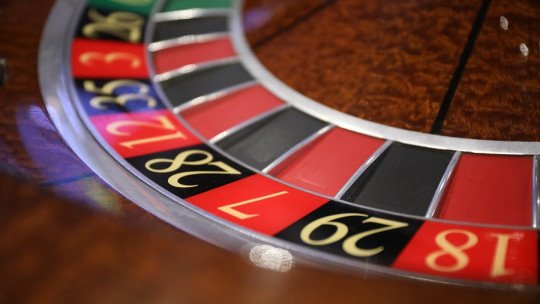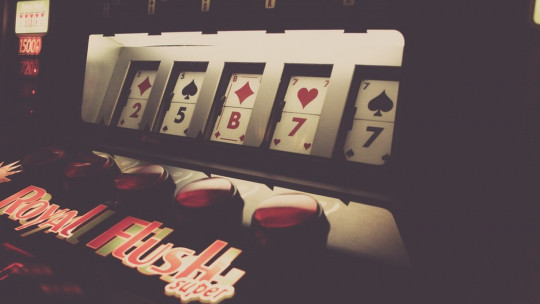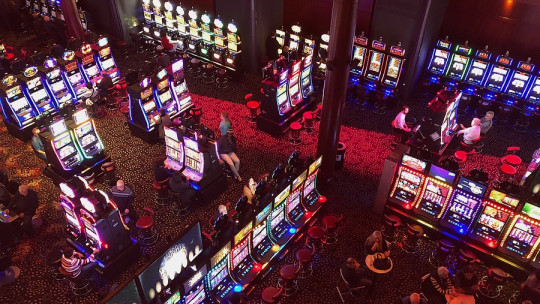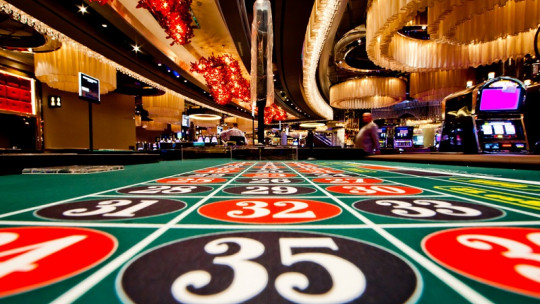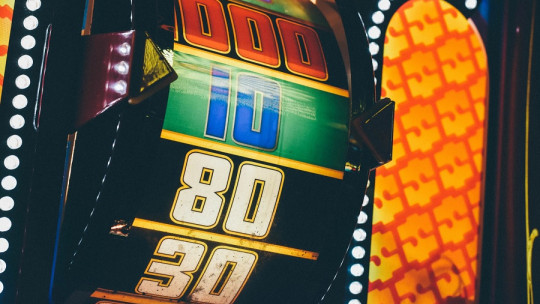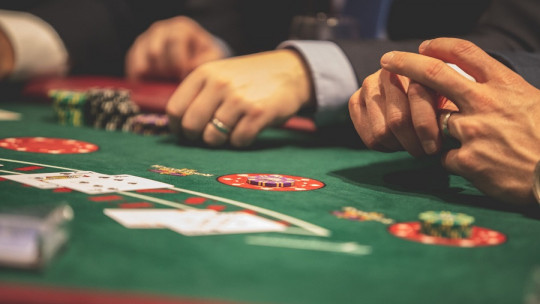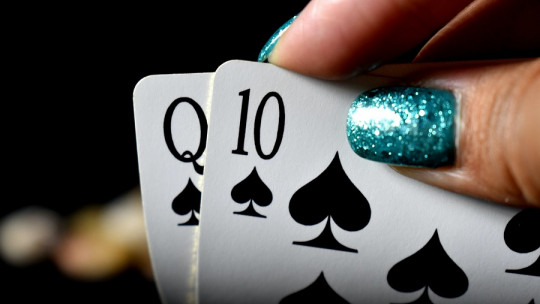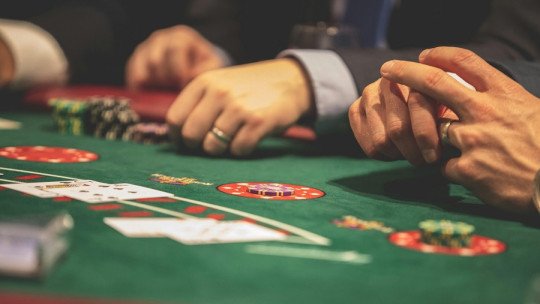
Compulsive gambling is defined as a pattern of compulsive behavior related to gambling. What distinguishes it from a harmless hobby is the loss of control over the gambling activity, even when it begins to have obvious negative consequences on the individual’s life.
It is an addiction without substance, but no less real or less harmful than those that involve the consumption of drugs such as alcohol.
How a gambler thinks
Gamblers see gambling not only as an activity, but as the central axis of their lives. It is an obsession that consumes thoughts, time, and resources, leaving little room for anything else. This obsession is usually accompanied by a flat denial of the problem.
The addict often hides his behavior, lying about where he has been or how much money he has spent, and may go to great lengths to continue gambling, even when the consequences are disastrous.
Gamblers often see themselves as master strategists, believing they can crack the gambling code to finally achieve that big win that will solve all their problems.
However, this thinking is based on a fallacy; the mistaken belief that they can control chance. Every bet you make is one step closer to ruin.
In my years of experience as an addiction psychologist, I have observed that The mind of a gambler is constantly negotiating with reality. They convince themselves that their next action will give them back all the money they lost and more. It’s like trying to fill a leaky bucket; No matter how much water you put in, it will never be full.
This constant negotiation with reality distorts their perception, leading them to underestimate losses and overvalue gains, a phenomenon known in psychology as “confirmation bias.”
What happens in the brain of a gambler during this entire process?
Research in the field of neuroscience has shown that Gambling activates the same brain areas that are stimulated by drug use. Dopamine, that neurotransmitter related to pleasure and reward, flows generously, creating a cycle of dependence that is difficult to break.
The reality is that behind every decision to continue gambling, there is a complex web of justifications, fears, hopes and, sometimes, desperation. It’s not just the search for money what drives a gambler ; It is the need to escape from a reality that often feels unbearable, it is the seduction of risk, the longing for a victory that justifies all the sacrifices.
Understanding how a gambler thinks is the first step in helping them find their way out of that tangled jungle. It is not about condemning their decisions, but about understanding the distorted logic that motivates them and, from there, working together to unravel that labyrinth and dismantle the irrational beliefs that have brought them closer to addiction.
Gamblers, like other individuals suffering from drug addictions, can exhibit a variety of cognitive biases that distort their perception of reality, especially with regard to gambling and their chances of winning. These cognitive biases fuel and perpetuate gambling addiction. Here I present some of the most common among gamblers:
These cognitive biases can keep gamblers trapped in a gambling cycle, despite the obvious negative consequences. Working to recognize and challenge these biases is a critical component of the recovery process.
Lies of a gambler
As with any addiction problem, it is common for people with gambling problems to lie to the people around them (and to themselves, repeating certain lies so much that they end up believing them themselves).
The most common lies of gamblers can be grouped into several categories:
Why do you lie?
It is important to understand that, deep down, the gambler is trapped in an emotional storm, where guilt, shame and fear mix. Lying becomes a way to avoid the painful confrontation with these emotions and the consequences of their actions.
Exiting the labyrinth involves recognizing that you are lost. In my experience, recovery begins with accepting the truth, no matter how harsh it may be. Dismantling the lies, both the ones we tell ourselves and the ones we tell the world, is the first step toward freedom.
What does a gambler feel?
Gamblers usually play looking for excitement, euphoria, adrenaline. It’s not just the game itself; It is a whole range of emotions that intertwine and intensify until rationality and common sense completely dominate.
The beginning can be subtle. There’s curiosity, maybe even a little innocent fun. But as the game becomes a constant, the fun gives way to an obsessive desire to continue betting.
This is where the gambler begins to feel deep anxiety, an overwhelming desire to play that eclipses any other need or desire. It is not about wanting to play for the pleasure that this may generate; It is a need that must be satisfied, no matter what the cost.
When you’re in the throes of addiction, losses don’t just feel like a hit to your wallet; They are like blows to the ego, to self-esteem. Each defeat is a reminder of the mistakes made, but instead of serving as a lesson, it acts as a sting that encourages you to keep playing, to try one more time, in the hope that this time it will be different.
That is to say, Gamblers usually continue betting despite losses because they try to compensate for them with their “future” profits. This hope becomes a constant companion, even though experience shows time and time again that it is a groundless hope.
However, in the rare moments when you win, relief and euphoria flood the gambler. It is a peak of intense but fleeting euphoria that quickly gives way to the illusory belief that you are on a roll, that you have cracked the bookmaker code, that you can win even more. This is the mirage that keeps the gambler trapped in the gambling cycle: the constant search for that ephemeral feeling of victory, combined with the belief that profits are just around the corner.
Behind all this, there is a deep feeling of loneliness and isolation. The game becomes a world apart, where personal relationships, interests and even one’s own health take a backseat. The gambler often feels misunderstood by those who do not share his compulsion, which increases his sense of isolation.
As a specialist in gambling addiction, I have seen the pain, despair and also hope in the eyes of my patients. Understanding what they feel is crucial to being able to help them. It’s not just about stopping gambling behavior, but about addressing the emotional turmoil that accompanies it, about finding new ways of coping with life that don’t involve escaping through gambling.
Behavior of a gambler with his partner
The gambler, immersed in his world of betting and games, can begin to show evasive behavior where lies become our daily bread.
These are not always blatant lies; They often begin as omissions, half-truths about how time or money is spent. The partner may sense that something is not right, that there are secrets in the air, but facing this dishonesty is like trying to catch smoke with your hands.
Communication, the cornerstone of any relationship, is eroded. Conversations no longer revolve around shared projects or dreams for the future, but are instead monopolized by discussions about money, debt, and promises of change that evaporate as quickly as they are uttered.
The gambler may become irritable or distant, especially if confronted with his or her behaviors. This irritability is not a reflection of love for his partner, but rather a manifestation of the frustration and internal conflict that he experiences due to his addiction.
On the other hand, affection and intimacy may decrease. Not because love has disappeared, but because the gambler’s mind is consumed by the next game, the next bet. The couple may feel displaced, as if they are competing with the game for their loved one’s attention, leading to feelings of loneliness and abandonment in a relationship that is supposed to be a source of support and companionship.
In some cases, the behavior of the gambler towards his partner can become manipulative. This usually happens when gambling has consumed the financial and emotional resources of the relationship.
Promises of change may arise as strategies to obtain more money or time to continue betting, without a real commitment to seek help or improve. It is a painful cycle, where the gambler, deep down, feels trapped and desperate, and his partner, confused and hurt.
However, it is crucial to understand that behind this behavior is a person fighting a very complex addiction. Gambling addiction is an addiction, not a reflection of the character or love towards the couple. The road to recovery is difficult and requires support, patience, and often professional intervention.
As an addiction specialist, my role has been to guide people with gambling addiction through this maze. Recovery is possible, but you have to take the first step, which is to book an appointment with a professional to evaluate the case and start applying strategies.

